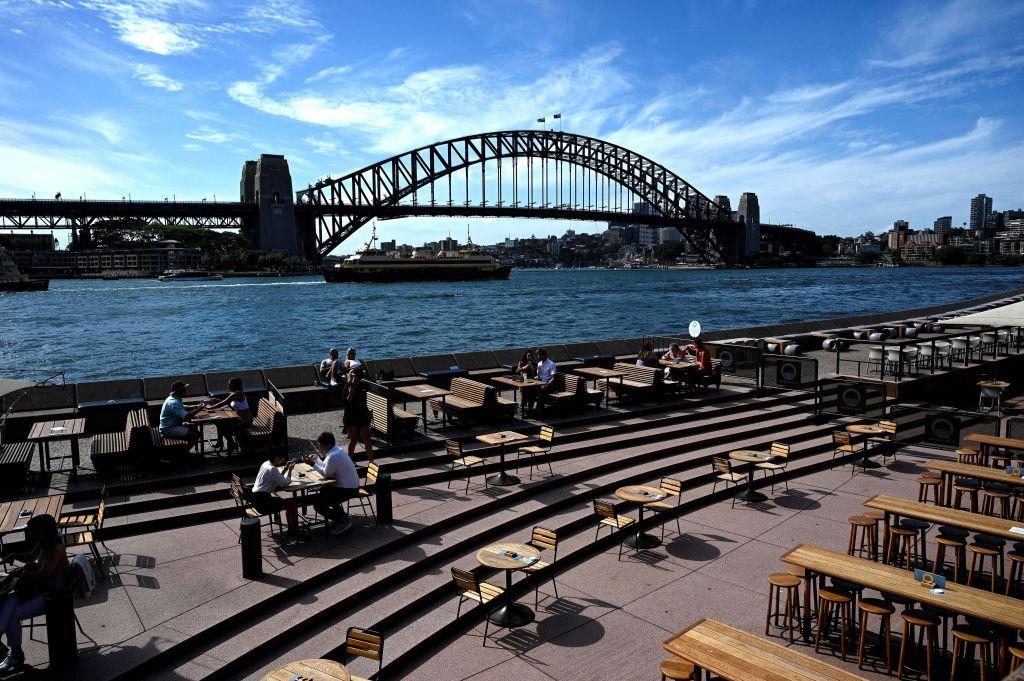Small business owners are bearing the brunt of Sydney’s three-week lockdown, with one worker calling the restrictions communistic as the new measures mean many in the retail, hospitality and construction sectors can not work until the end of the month.
Nam Nguyen, the owner of a barbershop in the heart of Fairfield, which has emerged as one of Sydney’s biggest COVID-19 hotspots, told The Epoch Times he was going to be forced out of work after losing 100 percent of his customers since he shut down the store.




